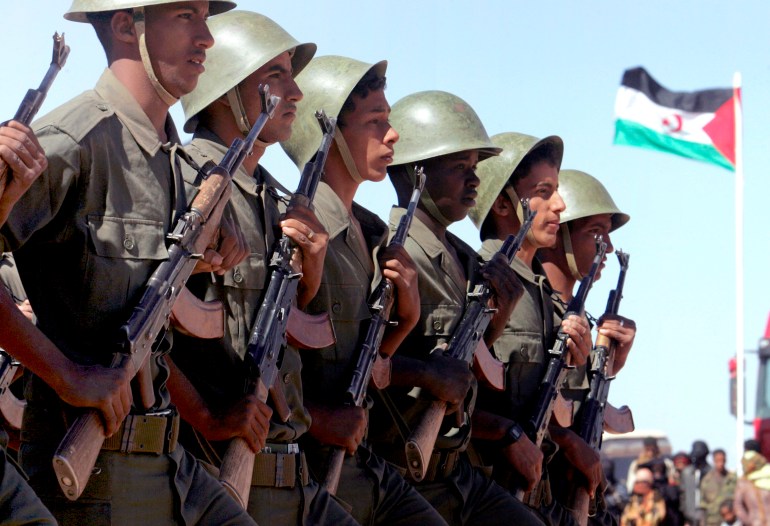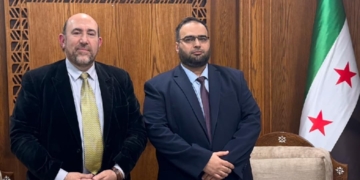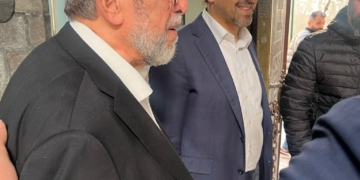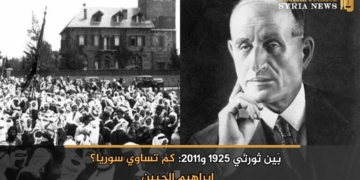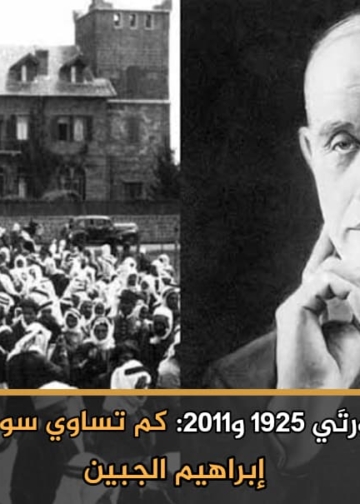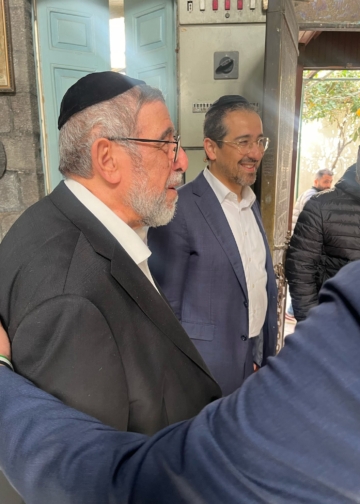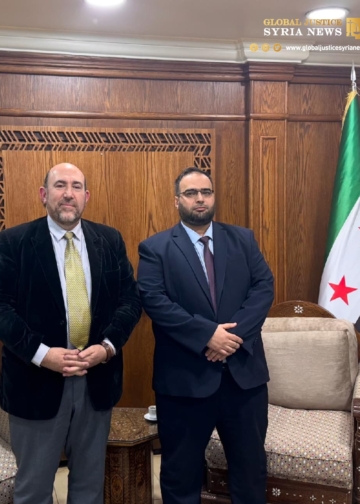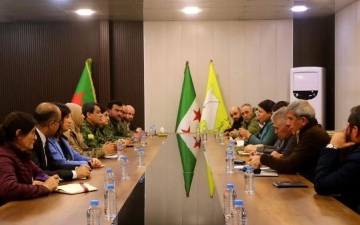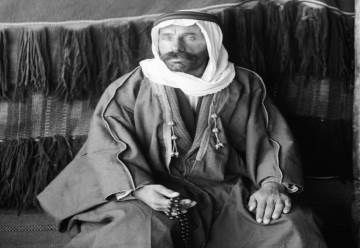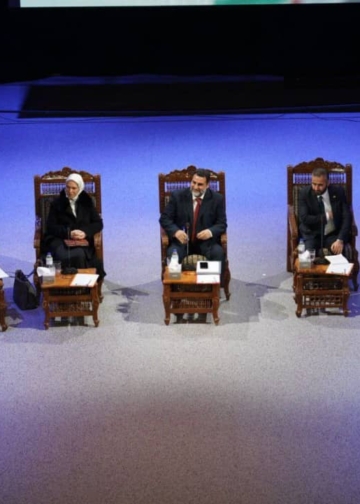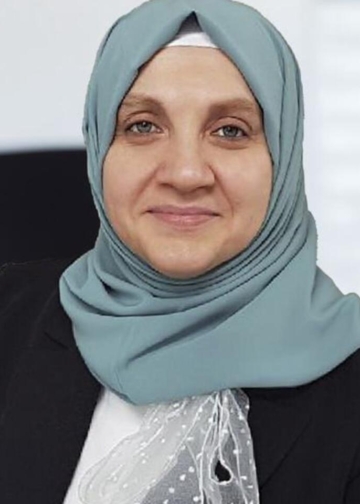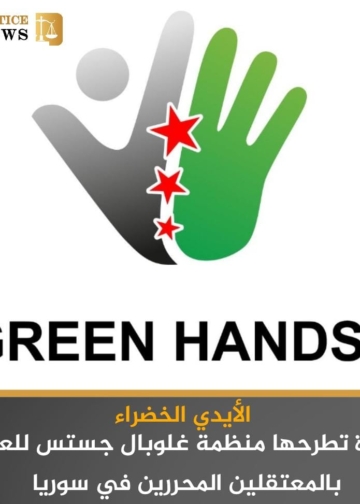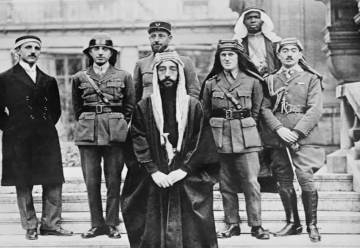Media reports, including one by Dutch journalist Rena Netjes published through the organization “Democracy for the Arab World Now” (DAWN), have circulated serious allegations regarding the participation of Polisario Front fighters in the Syrian conflict alongside Bashar al-Assad’s regime, purportedly supported by Iran, Hezbollah, and Algeria.
These claims, which include accusations of war crimes, fighters fleeing to Lebanon, and others detained in Idlib, have sparked widespread controversy.
However, a meticulous investigation based on credible sources reveals that these narratives suffer from exaggeration and fabrication, lacking conclusive evidence. Netjes’ report alleges that hundreds of Polisario Front fighters participated in the Syrian conflict within a network of foreign militias supporting the Assad regime, trained by Hezbollah, funded by Iran, and backed by Algeria.
It references an alleged 2012 document from the Syrian security apparatus (Branch 279), claiming the integration of 120 Sahrawi fighters into Syrian army battalions.
The report further states that some of these fighters fled to Lebanon after the regime’s fall on December 8, 2024, while others were detained in Idlib prisons. It also cites images broadcast by Deutsche Welle Arabic, purportedly showing Polisario fighters. Despite their severity, these allegations appear fragile upon scrutiny. The Polisario Front, which focuses its activities on the Western Sahara issue, has no documented history of involvement in distant geopolitical conflicts like the Syrian war.
Let us examine these claims systematically, incorporating statements from direct sources.
The Alleged 2012 Document: The report relies on a supposed 2012 document claiming the integration of 120 Sahrawi fighters into the Syrian army. However, a senior source in the Syrian Ministry of Defense, speaking on condition of anonymity, categorically denied these claims, stating: “There are no official records in the Syrian Ministry of Defense confirming the presence of Polisario Front fighters within the ranks of the Syrian army or allied militias during the conflict.
The alleged document cited in the report has not been verified, and there is no tangible or administrative evidence to support these claims. It is likely that this document is part of a misinformation campaign targeting the Syrian regime or other regional actors.
The source added: “The Syrian security apparatus meticulously documented any foreign fighters joining its forces, whether from Hezbollah or other militias. If Polisario fighters were involved, there would be clear internal reports confirming this, but no such records exist.”
This denial aligns with the absence of independent reports from international organizations, such as the United Nations or Human Rights Watch, confirming the presence of Sahrawi fighters in Syria.
2. Deutsche Welle Images: The report references images broadcast by Deutsche Welle Arabic in May 2025, allegedly depicting Polisario fighters. Syrian journalist and activist Ahmad al-Salim, who closely followed the Syrian conflict, analyzed these images and stated: “The images published by Deutsche Welle are vague and lack distinctive markers identifying the fighters. There are no insignias, flags, or clear evidence linking these individuals to the Polisario Front. Relying on these images as definitive proof is an attempt to inflate a baseless narrative. We have seen similar images used in the past to promote unverified political narratives.”
Al-Salim added: “Deutsche Welle itself did not provide conclusive confirmation that these fighters belong to the Polisario Front. These are mere assumptions based on unreliable sources, reflecting the weakness of the narrative.”
This analysis underscores that the images do not constitute reliable evidence, particularly given the lack of official confirmation from the channel or independent sources.
3. Alleged Detentions in Idlib: The report claims that approximately 70 Polisario fighters and Algerian military personnel were detained south of Aleppo and transferred to Idlib prisons.
A source in Syria’s internal security forces, speaking anonymously, explicitly refuted this, stating: “Our security records in Idlib and other areas contain no instances of detained fighters affiliated with the Polisario Front.
We have documented foreign fighters from other nationalities, such as Afghans and Iraqis, within militias like the Fatemiyoun and Zainabiyoun, but there is no evidence indicating the presence of Sahrawi fighters.
These claims appear fabricated and unsupported by official records.” The source added: “Detention operations in southern Aleppo involved individuals from Iran-linked militias, but there is no reference to Polisario or Algerian military involvement. This narrative lacks any factual basis.” This refutation is supported by reports from international human rights organizations, which have not mentioned Polisario fighters among detainees in Syria.
4. Alleged Hezbollah Training: The report claims the Polisario Front received training from Hezbollah with Algerian support. Retired Lebanese Brigadier General Ahmad Najm, who served in Lebanese military intelligence, dismissed these allegations, stating: “During the Syrian conflict, Hezbollah focused its recruitment efforts on Shiite communities in Lebanon, Iraq, and Afghanistan. There are no credible reports or intelligence confirming that Hezbollah trained or recruited Polisario Front members. These claims lack logical grounding, especially since the Polisario has no military or logistical presence in the region.” Najm added: “While Algeria politically supports the Polisario in the Western Sahara issue, it has neither the interest nor the logistical capacity to send fighters to Syria.
This claim appears to be part of a political campaign to tarnish the image of Algeria and the Polisario in the context of regional conflicts.” These allegations reveal potential political motives aimed at targeting the Polisario Front and Algeria within the Western Sahara dispute. Morocco, which severed diplomatic ties with Iran in 2018 over accusations of arming the Polisario via Hezbollah, appears to have an interest in promoting such narratives to bolster its international stance against its adversaries. Reports like those published by The Washington Post (later retracted) and Deutsche Welle, relied upon by Netjes, often cite anonymous or unverified sources, raising doubts about their credibility.
Moreover, DAWN, which published the report, has a history of endorsing narratives critical of specific regional actors, suggesting potential bias. This underscores the need for deeper scrutiny and verification of primary sources, which the report lacks. Upon examining the claims of Polisario Front involvement in the Syrian conflict, it is evident that they rely on vague, weak, and insufficiently substantiated evidence. Statements from credible sources in the Syrian Ministry of Defense, internal security forces, Brigadier General Ahmad Najm, and activist Ahmad al-Salim confirm the absence of a factual basis for this narrative. The alleged documents, ambiguous images, and unsupported claims do not meet the threshold of conclusive evidence.
These allegations, largely traced to Moroccan media, appear to be part of a media campaign to discredit the Polisario Front and Algeria in the context of the Western Sahara political dispute. Such reports must be approached with caution, emphasizing independent verification of information before accepting them as fact. The Syrian conflict, with its complexities and entanglements, does not need unverified narratives that complicate the path to transitional justice and fuel regional tensions.


